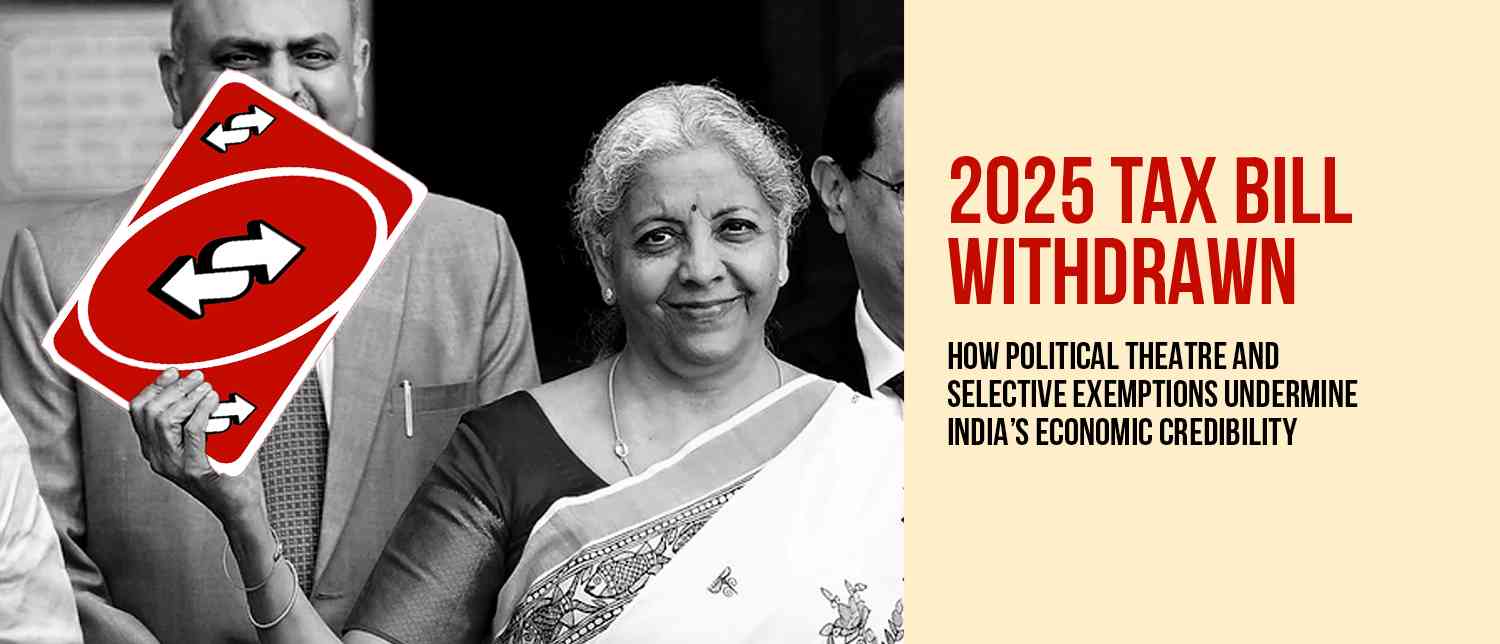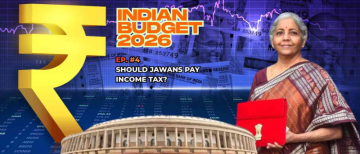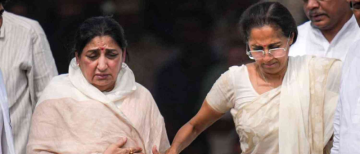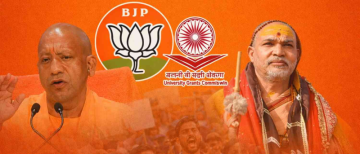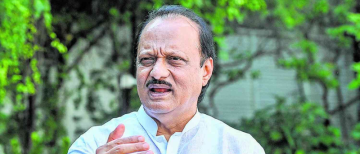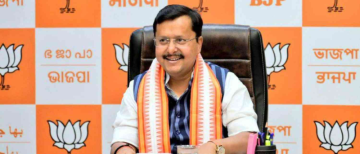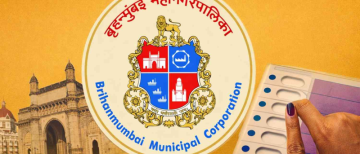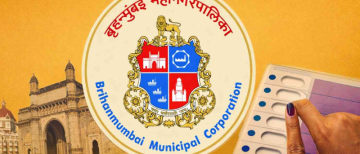India’s long-overdue overhaul of its income tax regime has once again been caught in the crossfire of parliamentary theatrics. On Friday, Finance Minister Nirmala Sitharaman withdrew the Income Tax Bill, 2025 from the Lok Sabha, pledging to reintroduce a revised version on 11 August. The decision, she said, was to ensure that the House debates only one, fully updated draft—avoiding the confusion of multiple circulating versions. On the surface, this may appear as nothing more than an administrative tidying-up. In reality, it is another example of how serious legislative reform in India is repeatedly delayed, diluted, and diverted by political posturing. For thirteen consecutive days, Opposition members have stalled proceedings over the special intensive revision (SIR) of electoral rolls in Bihar. Their protests, whatever the merits, have effectively reduced Parliament to a stage for confrontation rather than legislation.
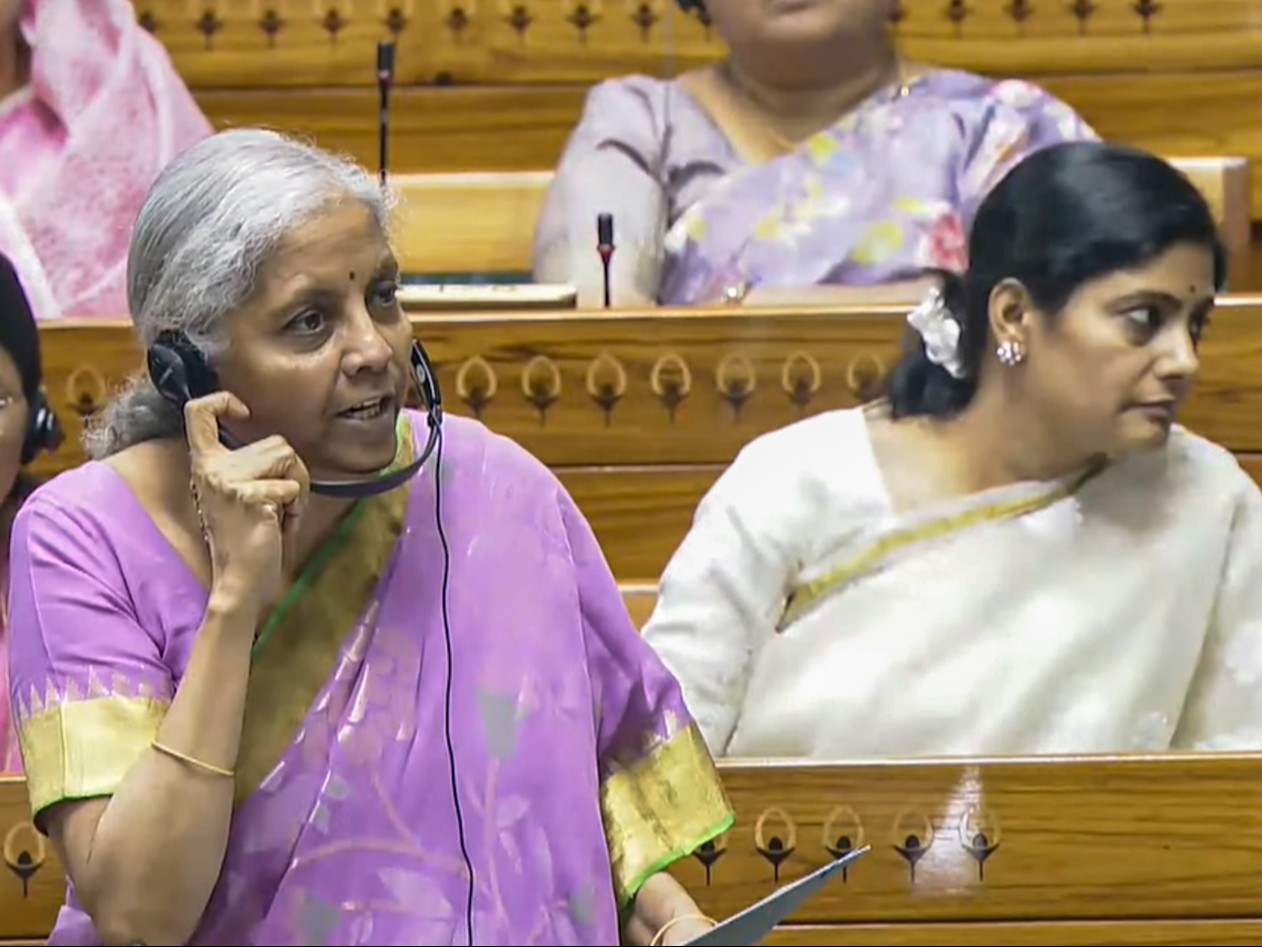
The original Bill, tabled on 13 February 2025 to replace the 1961 Income Tax Act, had been referred to a 31-member Select Committee chaired by BJP MP Baijayant Panda. Many of its recommendations have made their way into the upcoming draft—among them, continuing tax exemptions for anonymous donations to religious-only charitable trusts, and allowing taxpayers to claim TDS refunds even after filing deadlines, without penalties. But it is in the details of such exemptions that the government’s economic messaging begins to fray. Under the proposed rules, religious trusts will retain privileges denied to other non-profits, particularly those that combine religious work with broader charitable activities such as running hospitals or schools. Anonymous donations to such mixed-purpose organisations will still be taxed. The implication is clear: the law is being shaped to favour certain entities over others, regardless of the broader social benefit they provide.

This selective generosity not only raises questions of fairness but also undermines the tax system’s credibility. Investors and citizens alike expect predictable, transparent rules—not arbitrary carve-outs for particular interest groups. When legislative processes are mired in political disruption, and when tax policy is shaped by ideological preference rather than economic rationality, both business confidence and public trust take a hit. The stakes are not small. India’s tax system is one of the most complex in the world, and reforming it is essential for improving compliance, boosting revenue, and attracting investment. Yet, instead of urgency and focus, the process is marked by withdrawal, revision, and delay. At a time when global markets are scrutinising emerging economies for signs of stability and reform, India risks signalling that political theatre takes precedence over economic clarity.

For a government that frequently speaks of “ease of doing business” and fiscal discipline, the spectacle of stalled debates and piecemeal tax privileges sends the opposite message. If reform is to be meaningful, it must not only be passed—it must be passed in a manner that is fair, timely, and free from the perception of partisan favour. Otherwise, India’s much-needed tax modernisation will remain just another Bill lost in the corridors of Parliament.
With inputs from agencies
Image Source: Multiple agencies
© Copyright 2025. All Rights Reserved. Powered by Vygr Media.

